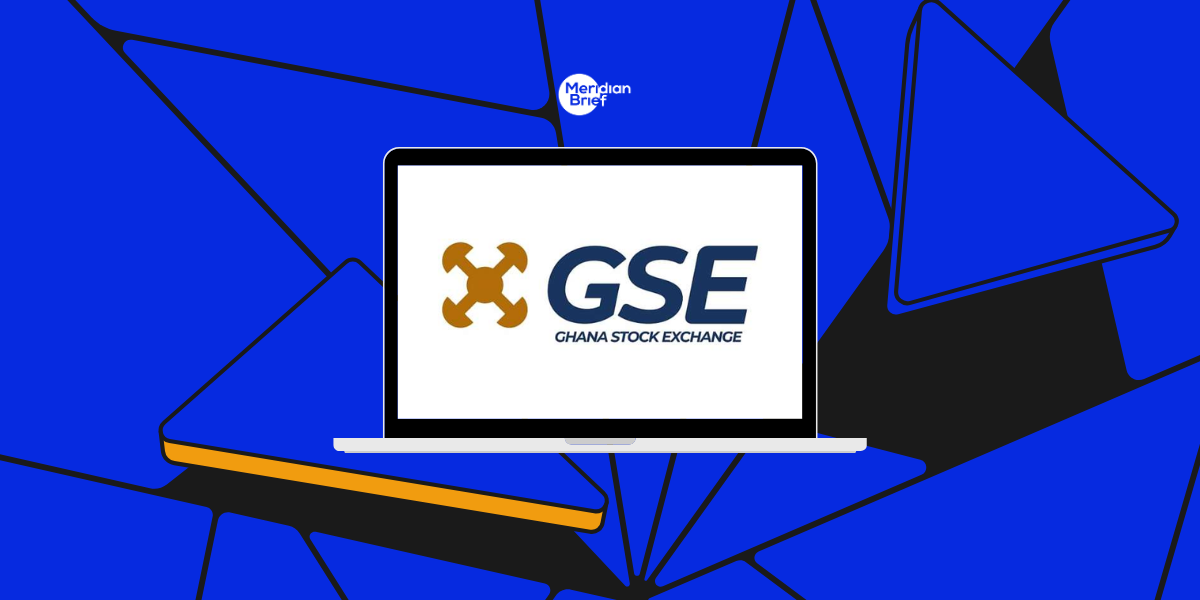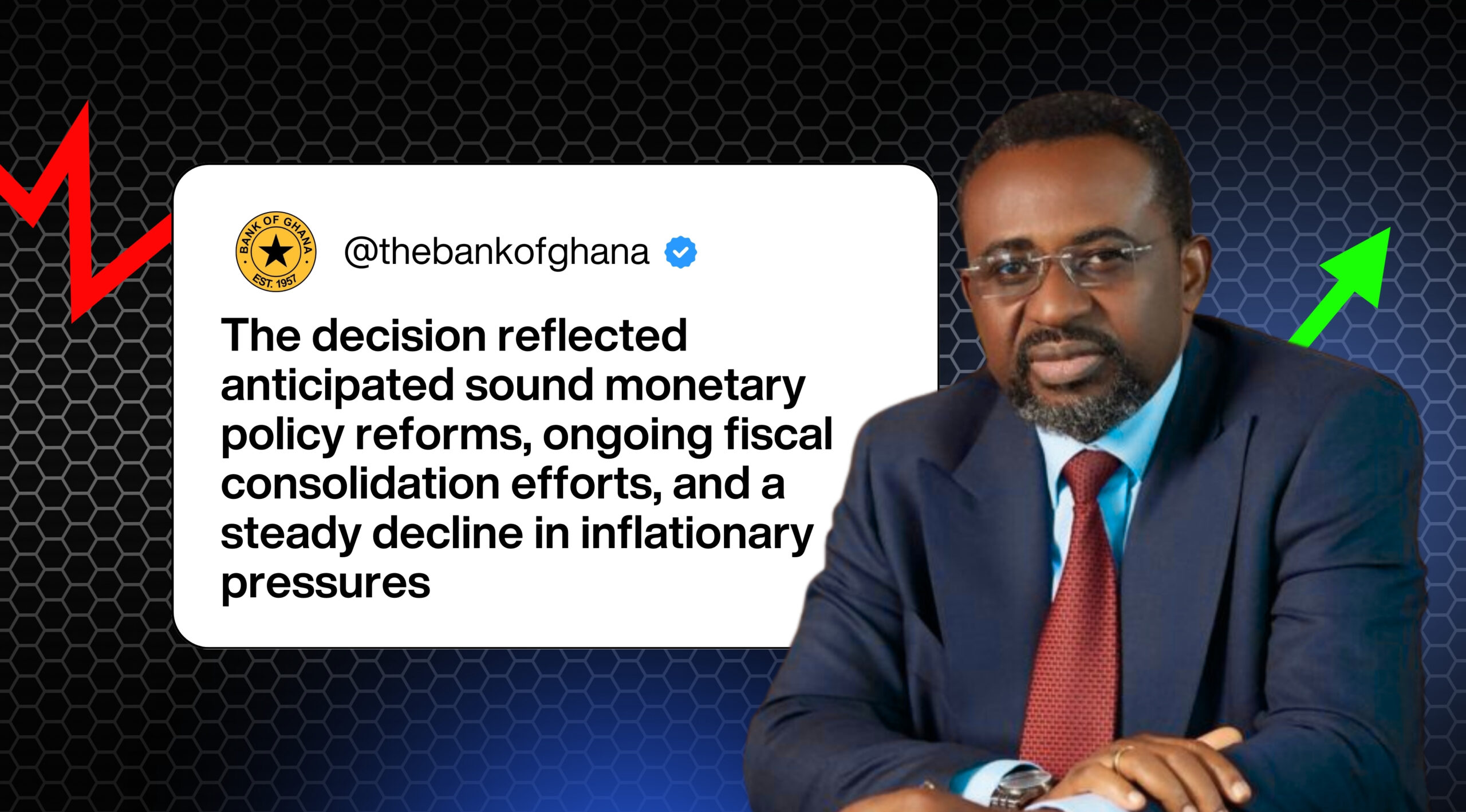The Ghana Stock Exchange has reached a record market capitalisation of GHS150 billion as of September 17, 2025.
Ghana Stock Exchange Crosses GHS150 Billion in Market Capitalisation

The Ghana Stock Exchange (GSE) has achieved a historic milestone. As of September 17, 2025, the Exchange’s market capitalisation exceeded GHS150 billion for the first time. Market capitalisation, which represents the total value of all listed shares, is a central measure of investor confidence and market growth. The record high not only reflects the resilience of the GSE but also signals the growing importance of Ghana’s capital market within the broader African investment landscape. This development comes at a time when African exchanges are under pressure to attract both domestic and foreign investors. The GSE’s performance has therefore positioned it as one of the more dynamic markets on the continent, despite lingering economic challenges.
Market capitalisation reflects the combined value of every listed company’s outstanding shares. Crossing GHS150 billion is not just symbolic. It shows that listed companies are gaining in value and that investors are willing to pay more for their shares. Several factors contributed to this surge, including price appreciation in heavyweight stocks, a steady inflow of institutional investors, and increased participation from pension funds. The milestone also owes much to regulatory reforms aimed at deepening the market and creating a more attractive investment climate.
In the months leading up to September, the Exchange saw significant movements in sectors that dominate its listings. Banking stocks, which remain a core driver of the market, posted gains as profitability improved after a period of balance sheet clean-up and regulatory adjustments. The telecommunications sector also continued to provide momentum, with MTN Ghana sustaining strong investor interest thanks to its large customer base, consistent revenue growth, and innovations in mobile financial services. Meanwhile, companies in consumer goods and energy provided steady returns that reinforced the overall bullish sentiment.
The performance of the GSE cannot be separated from Ghana’s macroeconomic context. Inflation has moderated in recent quarters, and relative currency stability has improved investor confidence. The Bank of Ghana’s monetary policy decisions have played a role in keeping interest rates within a band that has encouraged portfolio diversification away from fixed income and into equities. Investors who had previously crowded into government securities have been drawn back into equities by improving returns and the opportunity to benefit from capital gains. At the same time, the government’s broader economic reforms, including steps toward fiscal consolidation, have helped stabilize expectations.
Institutional investors have become more prominent players in this growth story. Pension funds, in particular, have been required by regulation to allocate portions of their portfolios to equities. Their steady accumulation of shares has provided a consistent source of demand and has helped stabilize the market against short-term fluctuations. Foreign institutional investors have also continued to engage with the GSE, though their activity remains sensitive to currency risk and global economic shifts. Their presence has nevertheless added liquidity and improved price discovery.
Crossing the GHS150 billion mark also reflects the long-term trajectory of the GSE. Since its establishment in 1990, the Exchange has grown from a handful of listings to a diverse market that includes equities, bonds, and mutual funds. It has weathered periods of volatility, including macroeconomic crises and global shocks, but continues to expand both in depth and in sophistication. In recent years, the Exchange has made significant progress in digital trading infrastructure and has sought to attract small and medium-sized enterprises to list, though challenges remain in broadening participation.
One important aspect of this milestone is the signal it sends to companies considering whether to go public. A rising market capitalisation indicates investor appetite and liquidity, both of which are critical for successful listings. If more companies in Ghana’s private sector can be encouraged to list, the Exchange will gain greater diversity and resilience. For policymakers, the task will be to ensure that regulatory frameworks remain transparent, that listing procedures are simplified, and that investor protections are maintained.
This record also highlights the importance of investor education. While institutional players dominate the market, the role of retail investors cannot be ignored. Participation by individuals remains relatively low, often constrained by limited knowledge of market instruments and concerns about risk. Efforts to expand financial literacy, alongside digital platforms that make trading more accessible, will be essential to sustain momentum. A market that grows in size without broadening its base risks becoming concentrated and vulnerable to shocks.
Regional comparisons put the GSE’s performance in perspective. Across Africa, exchanges such as those in Nigeria, Kenya, and Egypt remain larger in terms of absolute market capitalisation. However, Ghana’s Exchange has shown stronger relative growth in recent years, particularly when adjusted for the size of the economy. This underscores its potential as a regional hub for investment. If the GSE can maintain its trajectory, deepen liquidity, and attract new listings, it may position itself as a preferred gateway for West African investment flows.
Looking forward, several factors will determine whether the GSE can sustain and build upon this record. Global economic uncertainty remains a concern. Investor sentiment is influenced by movements in global interest rates, commodity prices, and capital flows to emerging markets. Domestically, continued macroeconomic discipline will be vital. Inflation must remain within manageable limits, and currency stability must be preserved if the Exchange is to continue attracting both local and foreign capital. Regulatory bodies will also need to remain proactive in monitoring risks and ensuring market integrity.
For investors, the GHS150 billion milestone is a reminder of the opportunities available in Ghana’s equity market. The performance of listed companies, combined with structural reforms and growing institutional participation, suggests that the Exchange is entering a new phase. That does not mean risks have disappeared. Equity markets are inherently volatile, and investors must remain cautious. But the long-term trend points to growth, and Ghana’s capital market is increasingly well placed to play a central role in financing the country’s economic ambitions.
The GSE’s achievement should be viewed as more than a number. It is an indicator of confidence, an invitation to companies to list, and a message to investors that Ghana’s market is worth watching. Breaking the GHS150 billion mark is a milestone that reflects both the past resilience and the future potential of one of Africa’s most promising exchanges.
Subscribe to MDBrief
Clean insights, a bit of sarcasm, and zero boring headlines.









